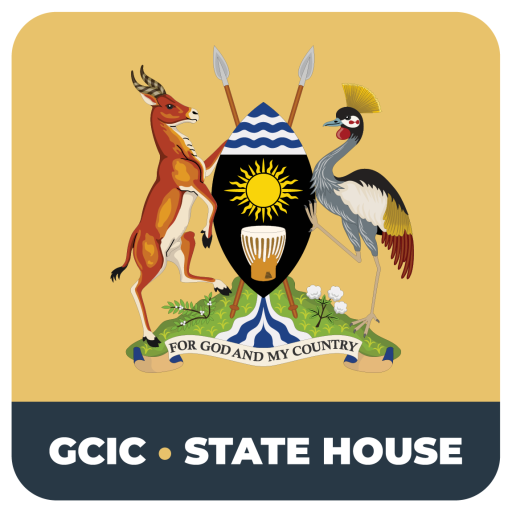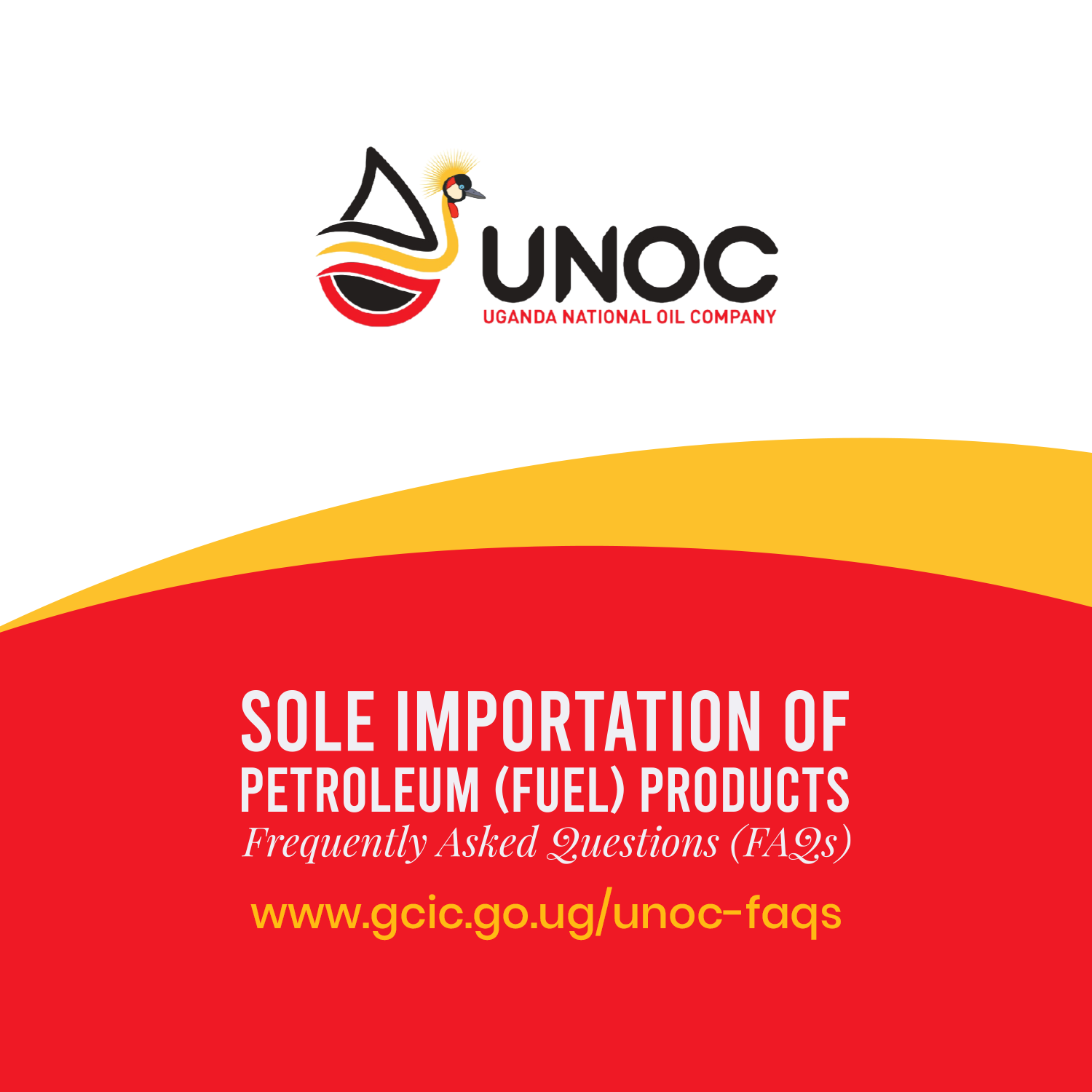Several reports show that Uganda has the second youngest population in the world with more than three quarters (78 per cent) of its citizens below the age of 35. This youthful population is projected to double in the next 25 years. Uganda also hosts the largest refugee population in Africa with more than one million refugees.
As a result, the country continues to experience strains on a number of sectors such as; the education and health sectors and the burden of high unemployment and poverty levels despite the various government interventions and initiatives.
The government has put in place initiatives to increase incomes of the poor households, provide free education and skilling, increase access to health care and clean water, re-establish peaceful conditions throughout the country and strengthen governance structures.
Under the leadership of His Excellency Yoweri Kaguta Museveni, the Government of Uganda has embarked on a series of initiatives designed to alleviate poverty and enhance the well-being of its citizens. Among these key programmes and policies are; the Operation Wealth Creation, the Parish Development Model (PDM), the Youth Livelihood Programme and the Presidential Initiative to Skill the Boy and Girl Child, among others.
The Youth Livelihood Program (YLP) has disbursed UGX 314.672 billion since its inception in 2013, and over UGX 39.102 billion has been recovered out of the UGX 75.175 billion that is due (52%).
The YLP successfully funded 458 youth projects in Kampala with a total value of UGX 4.4 billion. This benefitted over 5,000 youths across all five divisions. KCCA in January 2024 distributed UGX 631 million among 75 youth groups in Kampala under the YLP program during FY2023/2024.
According to statistics from 2018, the programme contributed 4% to job creation in Uganda with over 200,000 direct jobs and 500,000 indirect jobs.
All in all YLP has led to an improvement in access to financial services by 4.5%, youth asset acquisition has been enlarged, many businesses have been formalised, and there is visibly enhanced social capital among the youth which can be seen through shared experiences and mutual help when in need.
The PDM, established in February 2022, aims at increasing household income and improving the quality of livelihood of Ugandans with a specific focus on the total economic transformation on the households through getting Ugandans out of the subsistence economy into the money economy.
The Presidential Initiative for Skilling the Girl/Boy Child, was established in 2017 with an initial focus on girls and later expanded to include boys in 2019 with the primary objective of empowering vulnerable urban youth, especially those from the ghetto and less-privileged backgrounds, with skills for self-reliance, to impart employable skills that lead to job creation and wealth generation, and to promote productivity while curbing criminality.
Additionally, Uganda has implemented programmes focused on supporting children and families affected by HIV/AIDS, ensuring they have access to essential services and resources. These efforts are crucial in breaking the cycle of poverty by investing in the health and education of future generations. Through comprehensive care and treatment services, PMTCT programs, support for OVCs, community-based interventions, and a supportive legal framework, Uganda is making strides towards achieving epidemic control and ensuring that those affected by HIV/AIDS can live healthy and productive lives.
The Ministry of health has continued with immunization and reproductive health programs in addition to taking services nearer to the people. There have been efforts to rehabilitate several units, including; referral hospitals such as Hoima, and Arua.
Rehabilitation of Mulago hospital and construction of new referral and general hospitals, rehabilitated or newly built, helping in de-congesting Mulago national referral hospital. During these 5 years, focus has been put on efficiency and effectiveness in the delivery of health services.
Following the introduction of UPE in 1997, gross enrolment in primary schools increased from a total of 2.5 million in 1996 to 5.3 million in 1997, an increase of 73% in one year and to over 8.6 million in 2023, according to the Uganda Bureau of Statistics.
As a Country, we are on course to ensure inclusive and equitable quality education and promote lifelong learning through Universal Education from Primary to Secondary levels.
Uganda’s commitment to poverty reduction and improving living standards is evident through its comprehensive approach to social welfare, agricultural development, and food security. By addressing the root causes of poverty and promoting inclusive growth, Uganda is laying the foundation for a brighter future where all citizens can enjoy improved living standards and economic opportunities.





